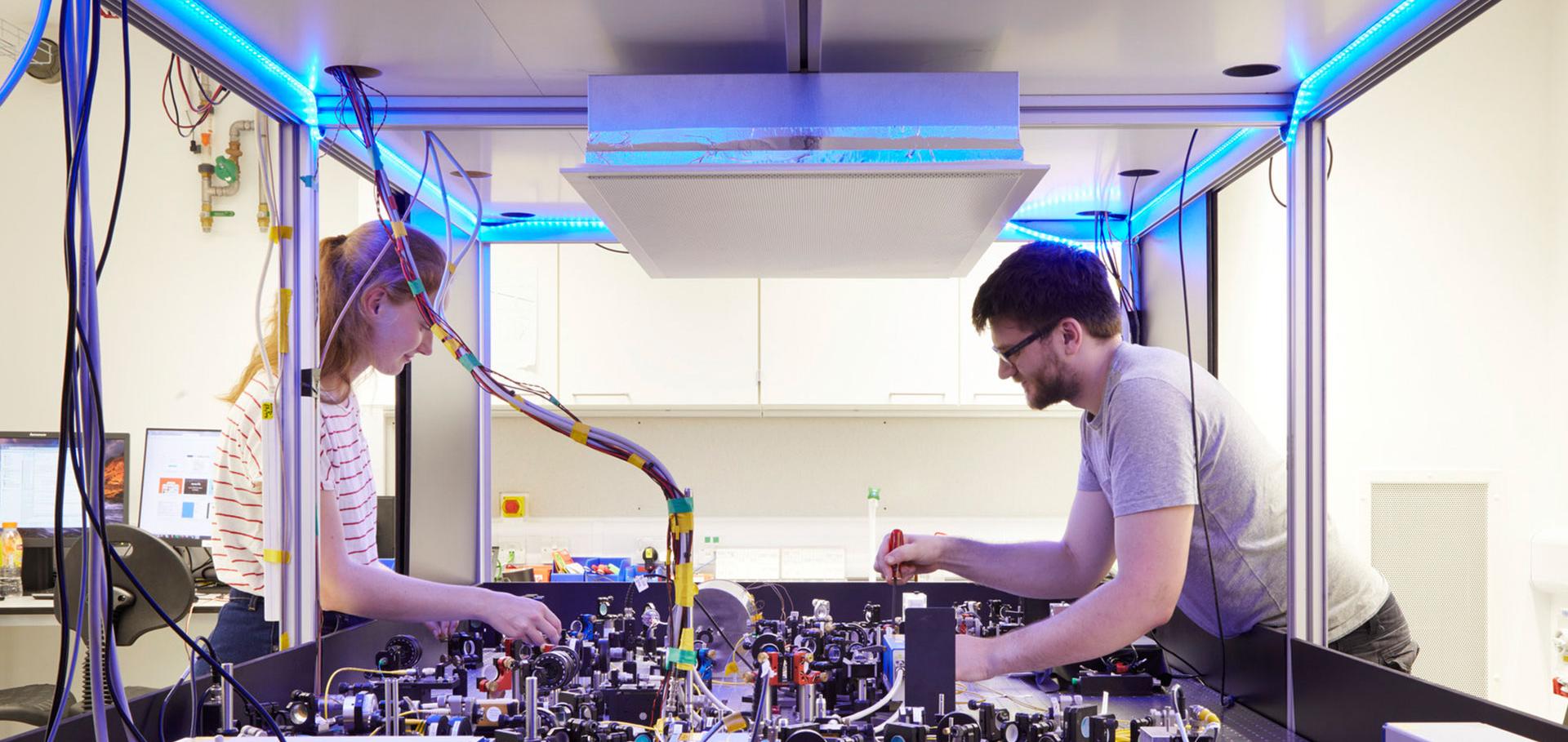The Second Quantized Quantum Turing Machine and Kolmogorov Complexity
(2005)
Entanglement between Collective Operators in a Linear Harmonic Chain
(2005)
Entanglement between Collective Operators in a Linear Harmonic Chain
ArXiv quant-ph/0506236 (2005)


